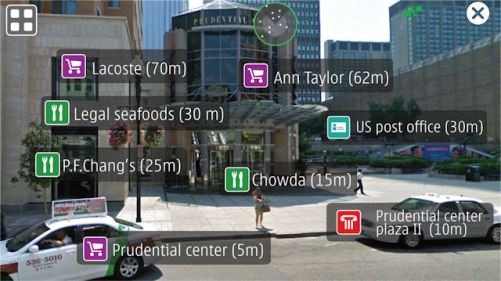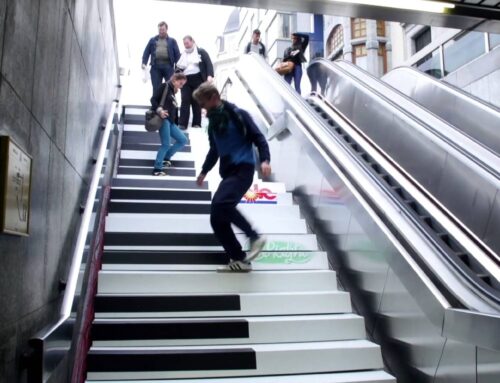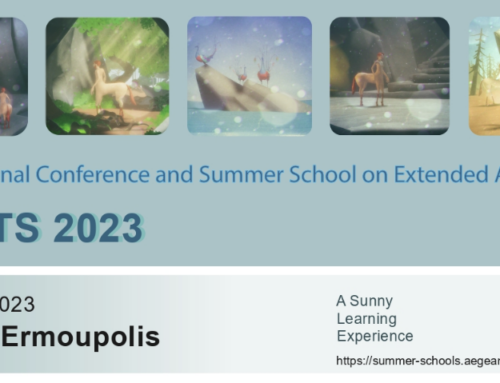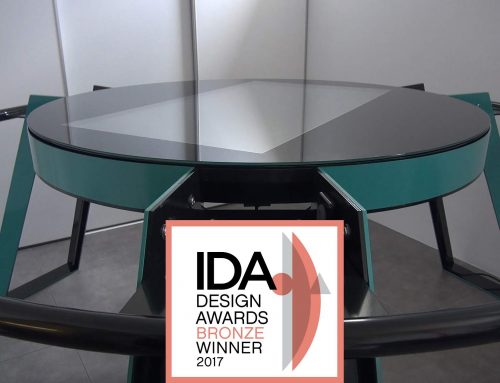Augmented reality is a term for a live direct or indirect view of a physical real-world environment which is augmented by virtual computer-generated imagery. Lately there is a large lamber of augmented reality applications and platforms that work on mobile smartphones and tablets.
The applications are using a number of hardware components in order to produce the augmented reality environment. These include: screen, camera, GPS, compass, accelerometer, RFID reader etc. These are used together to identify the user’s location and field of view as well as understand its physical environment characteristics. From the collected data a number of calculations take place and geographical position, direction, screen picture and the other various forms of data are laid over the camera view, like inserting an additional layer of visual information over your screen picture.

The most well known platforms/applications are:
Wikitude
Wikitude was the world’s very first Augmented Reality Browser for smartphones in 2008. It was first published when Google introduced the first Android device end of 2008 (the G1), which (again) was the very first mobile device carrying the hardware components required to make AR possible: GPS, accelerometer and digital compass.

Layar
The Layar Reality Browser is a mobile augmented reality application available for users of most smartphones, including iPhone and Android devices. To develop layers you can find more info here.

mixare (open source)
mixare is an Open-Source mobile augmented reality project. mixare is available for Android and for the iPhone 3GS and above. It works as a completely autonomous application and is available as well for the development of own implementations.

Junaio
daqri
String
String™ recognises framed images and understands where they are in 3D space. It’s a piece of software you can plug in into any iOS project, that lets you display rich 3D graphics on top of the camera view as if they existed in the real world.
Gbanga
Nokia Live View
Nokia Live View is an augmented reality browser, a whole new way for you to discover interesting places around you. Whether you are shopping, hungry, or just curious about what’s near you, Live View will quickly find what you’re looking for. And, it doesn’t stop there, once you’ve discovered it, with a single tap you can read reviews, call, SMS, share, rate, or even get turn by turn walking or driving directions right to the front door.






Leave A Comment